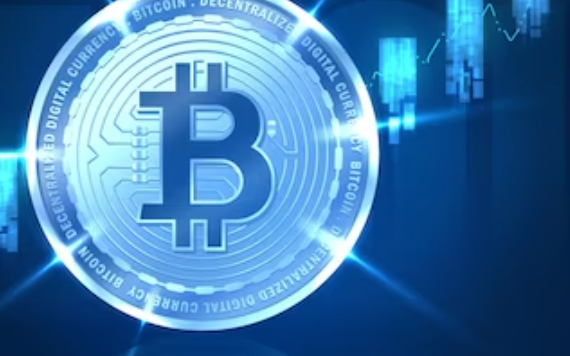$EEM $EURUSD $BTC
#MoldovaElection #ProEU #MaiaSandu #EuropeanUnion #FinancialMarkets #EmergingMarkets #EuroStability #EuropeanStocks #Geopolitics #EUrelations #ForeignInvestment #CryptoReaction
European leaders are expressing their relief following the victory of pro-Western candidate Maia Sandu in Moldova’s crucial presidential election run-off. Sandu’s win comes at a time of geopolitical tension and economic instability on Europe’s eastern borders, where concerns over Russian influence continue to simmer. The significance of this election, which was closely watched by foreign investors and EU diplomats alike, extends beyond politics. Moldova, one of Europe’s poorest countries, has long struggled with political instability and an ailing economy dominated by agriculture and remittances. With a decisive vote securing Sandu’s second term, pro-European policies are set to play a significant role in the country’s direction, potentially unlocking future investment and funding from Western ally nations, the International Monetary Fund (IMF), and the European Union (EU).
The financial markets reacted positively in early trading, with emerging market indices, like the iShares MSCI Emerging Markets ETF ($EEM), showing slight gains as the European political landscape bolstered investor confidence. While Moldova is only a small piece of the broader European market puzzle, Sandu’s victory signals a continuation of a Western-oriented foreign policy, which could stabilize Moldova’s currency and stimulate hopes for economic recovery. The Euro ($EURUSD) also saw modest strengthening against major pairs as traders took the election results as a sign of diminishing risks in Eastern Europe. Although Moldova’s economy is not a considerable driver in global markets, developments in the region can still serve as a barometer of more significant geopolitical trends related to Russian influence and EU expansion.
In terms of foreign investment, Sandu’s re-election is being viewed as positive for the country’s long-term economic prospects, particularly in sectors like infrastructure and energy. Sandu has historically championed strengthening ties with the EU, which could lead to increased access to EU development funds aimed at modernizing Moldova’s underdeveloped economy. If Western capital begins flowing into Moldova, the nation could gradually become a more integrated part of European supply chains, especially in energy, as Moldova continues reducing its dependency on Russian energy sources. Major multinational corporations could also begin to eye Moldova as a potential hub for low-cost production, boosting foreign direct investment. However, it remains to be seen how quickly these potential benefits will materialize in the face of ongoing regional tensions.
Finally, the ongoing global rise in cryptocurrencies merits attention, particularly Bitcoin ($BTC) and other digital currencies, which could play a unique role in Moldova’s evolving financial landscape. Moldova’s young, tech-savvy population, combined with the potential political stabilization under Sandu’s leadership, makes the country a plausible candidate for increased crypto adoption. If the anti-corruption measures that Sandu advocates are effectively implemented, Moldova could attract not only traditional investors but also digital entrepreneurs. In the wider market, any political developments that bolster the legitimacy of democracy and economic transparency in emerging markets like Moldova also boost investor appetite for higher-risk assets, including cryptocurrencies. Thus, the interplay between Moldova’s political future and its financial markets offers much for investors to consider over the coming years.











Comments are closed.